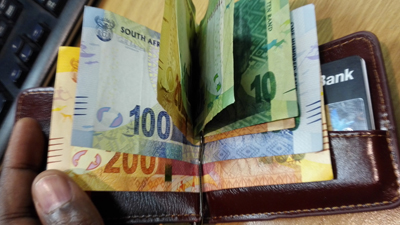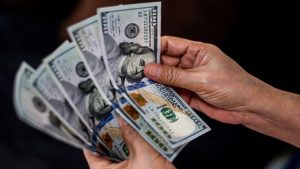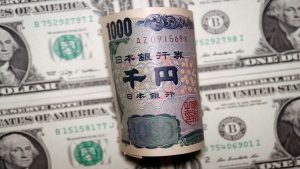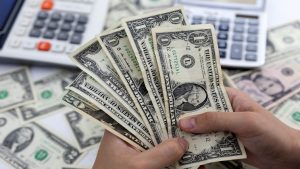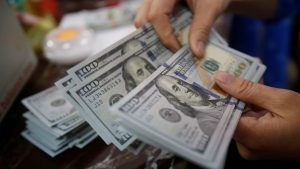The local currency continues to falter, trading in excess of R14 against the US dollar.
Market analysts expect the rand to remain vulnerable to further downside pressure. This is as traders and investors anticipate negative credit ratings reports from Standard & Poors and Moody’s later this month.
The currency has struggled to recover following Finance Minister Malusi Gigaba’s mid-term budget speech.
According to Nedbank research, between the 2 October and the 2 November, foreign investors sold off South African bonds to the tune of R11.7 billion. This follows Finance Minister Malusi Gigaba warning that the country’s debt would reach 61% of GDP by fiscal year 2021 to 2022. This caused investors to panic, selling out of SA capital assets, especially bonds.
“You look at the state of the economy today. We’re barely growing at 1.0% and next year is not even promising as well – one and a half, maybe 1.8% if you’re lucky. As an offshore investor you look at the country and you look at where opportunities lie,” says Vestact’s Bright Khumalo.
If Standard & Poor’s downgrades the country’s local debt to junk, it will join Fitch which did so in April, which will result in the mandatory sell off of South African bonds by investors who have no authority to invest in junk assets.
However, it does not necessarily mean that South Africa won’t have buyers for its bonds, although it will have to pay a higher interest rate for the privilege.
“Let’s say we do get the downgrade, they will be marked accordingly and people that have the sole mandate of investing in junk bonds are going come in and see opportunities and see that in the future that SA is still going to be able to pay its coupon, you know it is worth a punt,” says Khumalo.
If further downgrades do happen, it will mean the increased sell off of the rand. The selloff means the local currency will become relatively weaker to other currencies and because the country is heavily reliant on imports, it will mean the importation of inflation. This means only one thing, interest rate hikes in an economy struggling to gain growth momentum.


